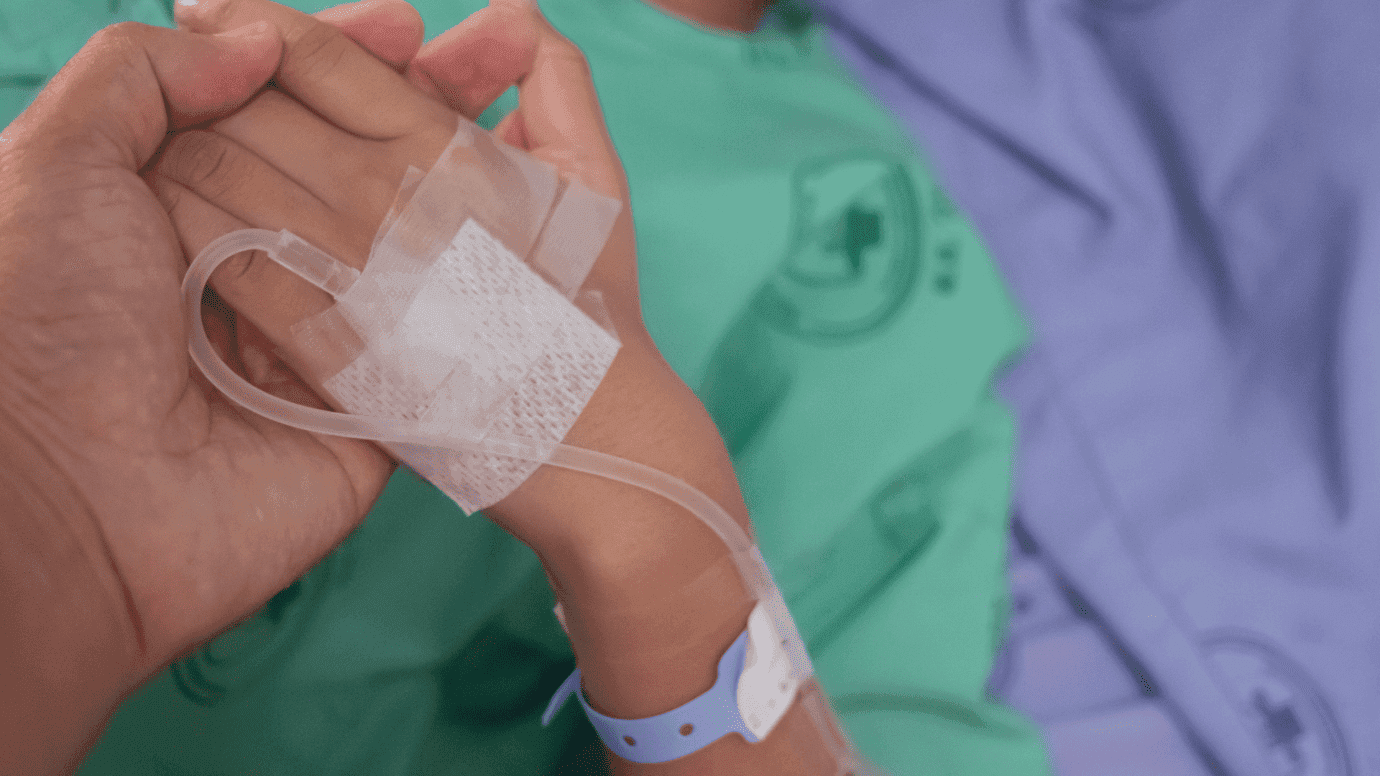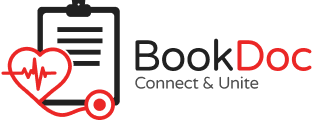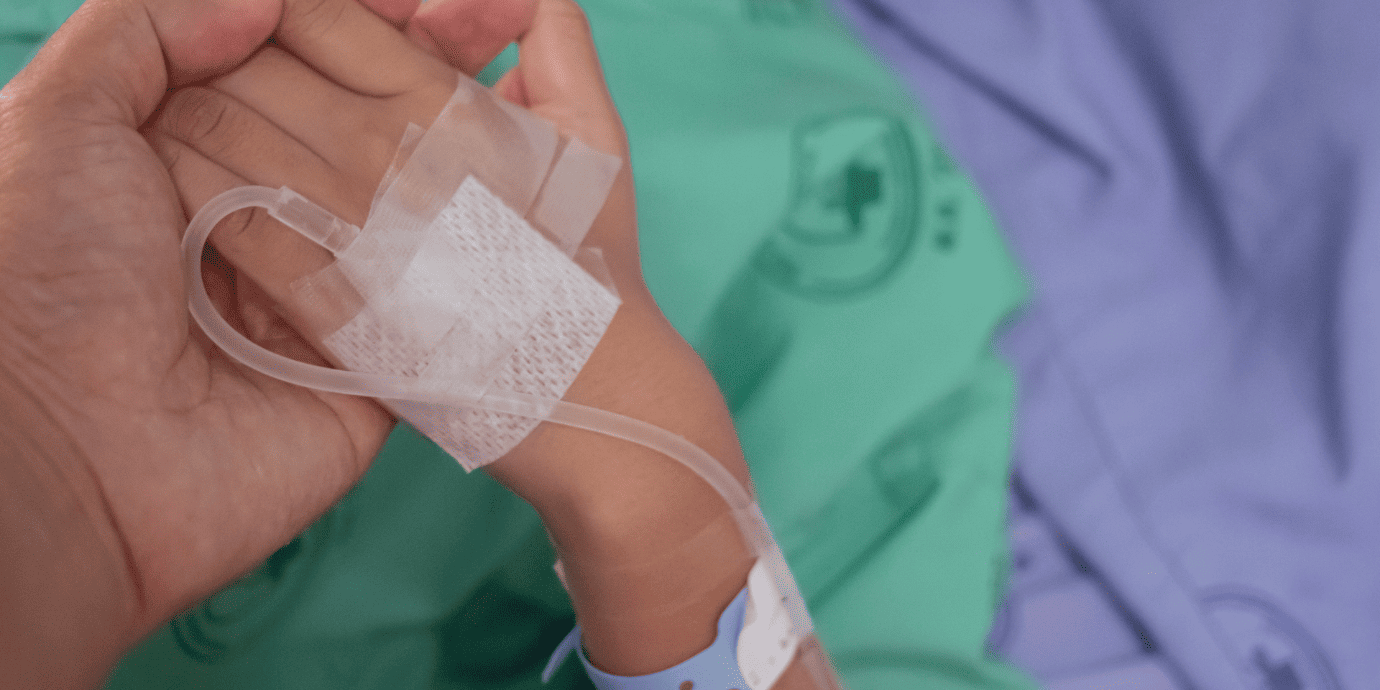
People with weakened immune systems—often referred to as immunocompromised individuals—face a higher risk of severe illness from COVID-19¹⁰. This group includes people undergoing cancer treatment, organ transplant recipients taking immunosuppressive drugs, those with advanced HIV, people with certain genetic disorders, and patients with autoimmune conditions on long-term corticosteroids or other immune-modulating therapies¹. Because their immune systems are less capable of fighting off infections, COVID-19 can lead to more serious complications in these individuals, including prolonged illness, hospitalization, and even death². In some cases, immunocompromised patients may also shed the virus for longer periods, increasing the risk of transmission and potentially leading to viral mutations³.
One of the most significant challenges is that standard COVID-19 vaccines may not offer the same level of protection to immunocompromised patients as they do to the general population⁴. While vaccines remain strongly recommended, the Ministry of Health Malaysia advises immunocompromised individuals to receive additional booster doses to enhance protection. These are available through Klinik Kesihatan with appointments via MySejahtera or walk-in options, as per the latest MOH guidance issued on 19 June 20259 . For this reason, public health agencies often recommend additional doses or booster shots for these individuals to maximize their level of protection⁵. In some countries, preventive treatments such as monoclonal antibodies, have also been authorized for pre-exposure prophylaxis in certain immunocompromised populations, offering an added layer of defence⁶.
To reduce the risk of infection, immunocompromised individuals should take extra precautions even when community transmission is low. This includes wearing high-quality masks like N95 or KN95 respirators in indoor public settings, avoiding crowded places, practicing good hand hygiene, and ensuring that household members and close contacts are vaccinated and take precautions as well⁷. When possible, remote work and telemedicine should be considered to reduce exposure. It’s also advisable for immunocompromised people to maintain regular check-ins with their healthcare providers to assess their immune status and receive tailored guidance, especially as new variants emerge¹¹.
If an immunocompromised individual does test positive for COVID-19, early treatment is crucial. Antiviral medications may help prevent the illness from worsening if taken promptly⁸. Time is of the essence—treatment is most effective when started within the first few days of symptom onset. Healthcare providers may also consider hospital-based therapies depending on the severity of symptoms and the patient’s underlying conditions. It’s important that immunocompromised individuals have a clear action plan in place for testing and treatment should they develop symptoms or have a known exposure¹².
In a world still adapting to the ongoing presence of COVID-19, people with weakened immune systems must remain especially vigilant. But thanks to a growing toolbox of vaccines, preventive therapies, and early treatments, there are concrete steps they can take to stay safe. By staying informed, following medical advice, and leaning on a strong support system, immunocompromised individuals can better protect themselves and maintain quality of life during these challenging times¹³.
References
- Centers for Disease Control and Prevention. People with Certain Medical Conditions. Accessed July 2025. Available from: https://www.cdc.gov/covid/risk-factors/index.html
- NIH Outcomes in Immunocompromised COVID-19 Patients. Accessed August 2025. Available from: https://pmc.ncbi.nlm.nih.gov/articles/PMC10533436/
- National Institute of Health. Prolonged viral shedding in immunocompromised hosts. Prolonged shedding of viable SARS-CoV-2 in immunocompromised patients with haematological malignancies. Accessed August 2025. Available from: https://pubmed.ncbi.nlm.nih.gov/37795527/
- COVID-19 Vaccines for Moderately to Severely Immunocompromised People. Accessed July 2025. Available from: https://www.cdc.gov/covid/vaccines/immunocompromised-people.html
- Ministry of Health. Vaccine efficacy, effectiveness and protection. Accessed August 2025. Available from: https://www.who.int/news-room/feature-stories/detail/vaccine-efficacy-effectiveness-and-protection
- Emergency Use Authorization for Evusheld. Accessed July 2025.
- World Health Organization. Advice for the public: Protecting yourself and others Accessed July 2025. Available from: https://www.who.int/emergencies/diseases/novel-coronavirus-2019/advice-for-public
- NIH COVID-19 Treatment Guidelines Panel. Therapeutic Management of Nonhospitalized Adults with COVID-19.
- Ministry of Health Malaysia. Siaran Media KKM 19-06-2025: Status Terkini COVID-19 di Malaysia
- CDC People with Certain Medical Conditions and COVID-19 Risk Factors https://www.cdc.gov/covid/risk-factors/index.html
- Johns Hopkins Medicine. Telemedicine and COVID-19: Benefits for Immunocompromised Patients. https://www.hopkinsmedicine.org/health/conditions-and-diseases/coronavirus/telemedicine-and-covid19-benefits-for-immunocompromised-patients
- Cleveland Clinic. Optimal Management of High-Risk Immunocompromised Patients in the COVID-19 Era. https://consultqd.clevelandclinic.org/optimal-management-of-high-risk-immunocompromised-patients-in-the-covid-19-era
- Managing patients who are immunocompromised during the COVID-19 pandemic. Nursing. 2022 Dec 1;52(12):27-32.













